The best sources of vegetarian and non-vegetarian proteins to add to your salad meals
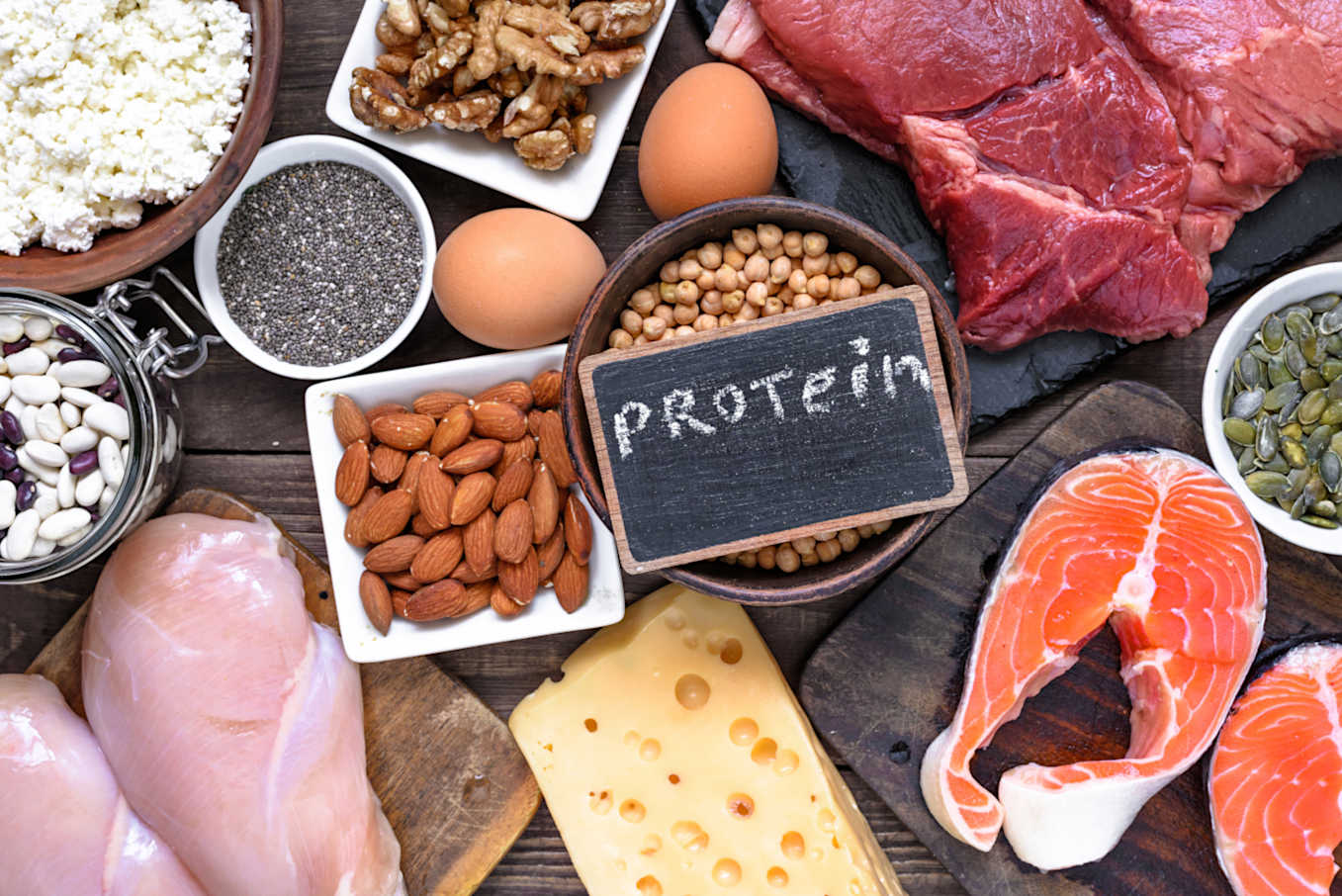
Fresh products in the form of fruits and vegetables form an important part of a healthy diet. There are multiple studies and abundant research evidence to show that eating fruits and vegetables every day can reduce the risk of several chronic diseases, as well as the risk of mortality and make you healthier.

From helping to regulate weight to maintaining optimal levels of blood pressure and blood sugar, fruits and vegetables have numerous benefits for the human body. Due to the plant compounds present in fruits and vegetables, consuming them regularly can keep inflammation at bay. One of the best ways to make sure you eat fruits and vegetables is to make a meal with them.
Here are some good sources of protein (both vegetarian and non-vegetarian) that you can add to your salad meals:
1. Chicken
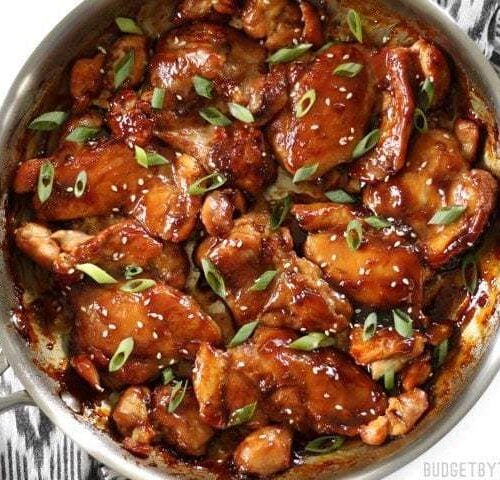
With a 2,000-calorie diet, men and women need about 56 and 46 grams of protein per day in their meals and poultry is a good way to meet this dietary requirement. A 100 gram serving of cooked chicken contains approximately 25 grams of protein (according to the United States Department of Agriculture). The pieces of boiled or grilled chicken combine very well with the salad vegetables.
2. Turkey

Turkey is another poultry meat that is one of the healthiest options for non-vegetarians looking to carry protein. A 100 gram serving of turkey meat delivers a whopping 29 grams of protein (according to USDA data). The diced turkey meat can be mixed with red onions, low-calorie mayonnaise, lemon juice and a variety of herbs of your choice to make a delicious protein-rich salad.
3. Egg Whites
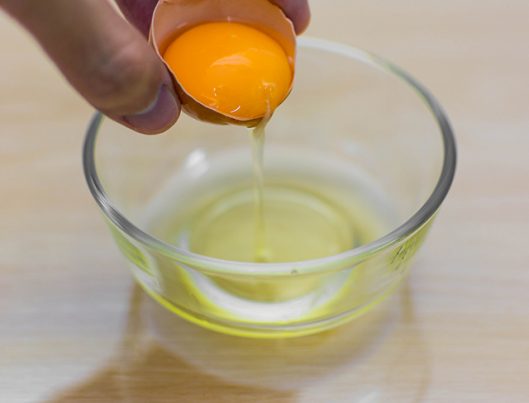
Cooked egg whites are an excellent addition to salads. Chicken eggs are one of the cheapest and most consumed lean protein dietary sources. They taste delicious and add a nice and different texture to a bowl of vegetables. You can simply mix the egg whites in the dressing of your choice or place a whole poached egg as a dressing for your salad. A whole egg contains only 6 grams of protein, so a better way to use the egg in the salad is to use a good amount of egg whites, possibly with other forms of lean non-vegetarian protein.
4. Nuts
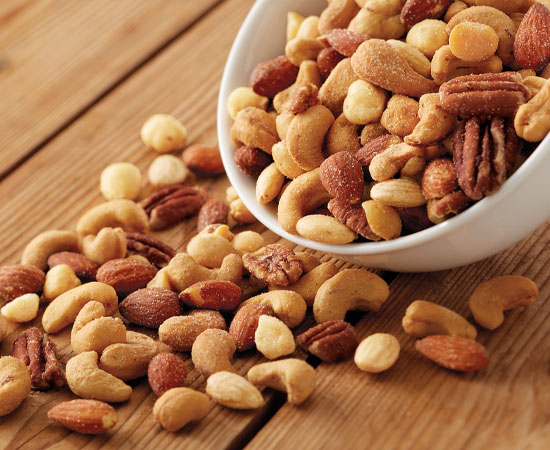
Walnuts also combine very well with salads, either hot or cold. Almonds, nuts, pine nuts, cashews are excellent additions to salad foods, as they add a good crunch, delicious flavor and, of course, nutrition to meals. It is better to add a mixture of your favorite nuts rather than just one, as long as the recipe allows. However, once again it is recommended to add some other form of lean protein along with the nuts, so that your meal is rich enough in protein.
5. Dairy products
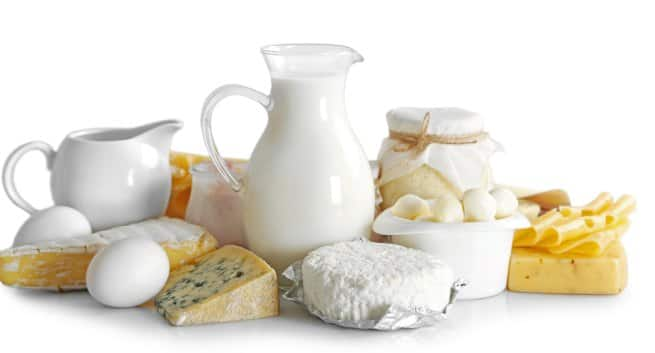
Some of the best vegetarian sources of protein come in the form of dairy products, the best among which is cheese. However, cheese also contains good amounts of fat and, therefore, it is recommended to have it in moderation. Cottage cheese or paneer is relatively low in fat, a 100 gram serving contains 11 grams of protein (according to USDA data). Yogurt is another relatively good source of vegetarian protein and can be used in the dressing to give a creamy flavor.
6. Chickpeas and Lentils

Chickpeas and lentils are two other vegetarian sources of dietary protein that you can add to your salads, although they may again have to be used in combination with other protein-rich foods. Chickpeas are better than lentils, since they are more abundant sources of protein (one gram 100 provides 19 grams of protein, according to USDA data) and combine well with vegetables.
Health Tips :
- Salads are for low carb and nutritious meals
- Be sure to add lean protein to your salad meals
- Daily, nuts and chickpeas are good vegetarian proteins

Comments are closed.